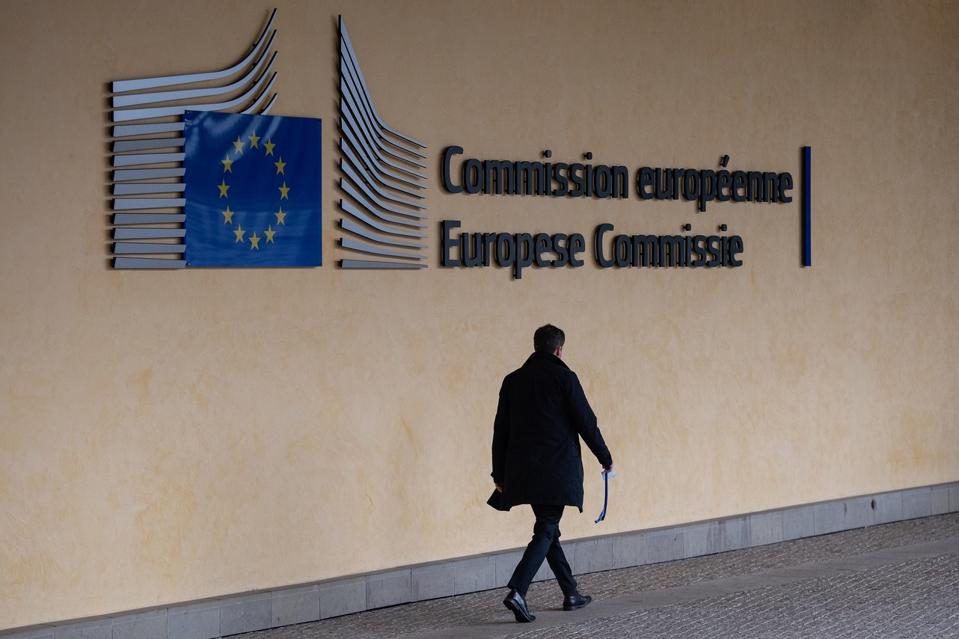The European Union’s Corporate Sustainability Due Diligence Directive has faced rising opposition since the final draft was released on January 20. Following a strong international push to revive the legislation and closed door negotiations, a compromise document is being internally among member states for a vote on March 8. Facing a fast-approaching March 15 deadline, the vote may be final hope for revival of the CSDDD.
As the name implies, the CSDDD, also called the CS3D, establishes a corporate due diligence standard on sustainability issues for businesses operating in the EU. In this case, sustainability most directly applies to environmental concerns, climate change, and human rights.
The new due diligence requirements apply not only to the direct actions of the company, but also to their subsidiaries and supply chain. EU based companies, as well as non-EU companies that conduct a set level of business in the EU, could become liable for the actions of their suppliers.
The final draft of the CSDDD, released on January 30, initially appeared poised for easy approval. However, that support quickly eroded following Germany’s indication they will abstain from the vote. France, Italy, and other members followed Germany’s lead, making it became clear that the European Council would be unable to get a majority vote in support.
For EU legislation like the CSDDD, three proposals are passed, then negotiated to the final agreement. The proposals come from the European Commission, the European Parliament, and the European Council through individually passed legislation. Those differences in the proposals are then negotiated by representatives of each body to reach a final draft proposal that is then brought back to the original three for final approval. Once approved, member states have two years to enact it into state law.
With its passage unlikely, the Council pulled the vote from its February 9 agenda. It was briefly placed on the February 14 agenda, but quickly removed. Two weeks later, it reappeared on the agenda for February 28. With 13 members abstaining and one voting no, the vote failed to get enough support to receive the endorsement of the Council and was postponed yet again.
The March 8 vote is the final effort by the Belgian Presidency, who currently chairs the EU Council, to revive the CSDDD. A draft of a watered down CSDDD is being circulated internally among member states. While the compromise has not made public, Reuters reports the document states: “”The general thresholds of the proposal have been increased, in order to reduce the number of EU and non-EU companies that would fall under the scope of the directive, from 500 employees to 1,000, and from 150 million euros of turnover, to 300 million euros.” It also introduces a phasing in of the liability for up to five years for certain small and medium-sized businesses.
The increase significantly reduces the number of impacted businesses, a move that will upset sustainability advocates. However, at this time, it is a choice between accepting something over nothing. The EU is already utilizing extra procedural methods to find a way to revive a directive that had appeared dead.
The CSDDD is facing a ticking clock as the EU is set to hold elections in June. The European Parliament must approve the CSDDD by March 15 for it to be adopted prior to the elections. Even now, the European Parliament is beyond the deadline for their standard procedural process and there are ways to extend the March 15 deadline slightly.
If the CSDDD fails to pass, expect sustainability advocates and environmental groups to make it a major factor in the upcoming EU elections.

